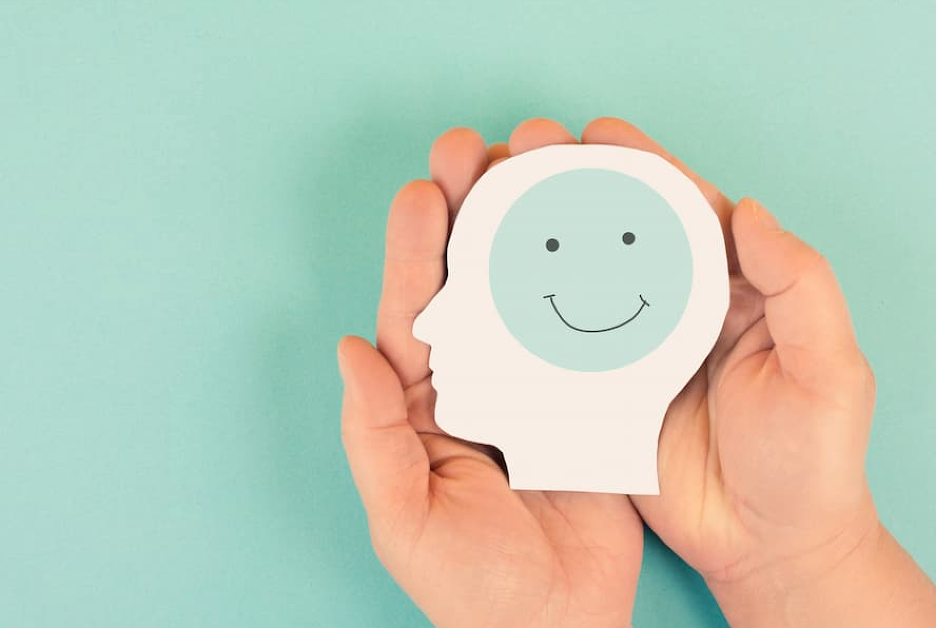
Why UFC Fighter Jiří Procházka Is Taking a Stand on Brain Health
UFC Champion Jiří Procházka shares why protecting the brain is just as important as physical training — and why prevention starts with lifestyle.
By
Lana Pine| Published on November 3, 2025
5 min read
Mixed martial arts (MMA) may be one of the toughest sports in the world, but for UFC Light Heavyweight Champion Jiří Procházka, the most important muscle to protect isn’t a muscle at all — it’s the brain. Known for his intense training style, discipline and philosophical approach to life, Procházka is now channeling that same mindset into brain health advocacy. Through a new partnership with Tolion Health AI, he’s using the Tolion Brain Coach mobile application to help raise awareness about concussion prevention, cognitive health and the long-term risks of traumatic brain injury — including dementia and Alzheimer’s disease. His message is clear: Protecting the brain isn’t just for athletes — it’s for everyone.
You’ve spent your career in one of the most physically demanding sports in the world. What made you want to take a stand on brain health and prevention?
Jiří Procházka: As you know, I compete in MMA, which involves taking hits to the head. After more than 12 years in this sport, I’ve realized how important it is to protect not only my body but especially my brain. I want to continue competing at my highest level for years to come, and to do that, I need my mind to stay sharp. The brain is the “director” — it guides training, strategy, leadership and everything that makes a champion. That’s why brain health has become my top priority and why I wanted to partner with Tolion. They are among the best in this space, and this collaboration feels like the right step for me.
Many people still don’t realize that head injuries increase the risk of dementia years later. What do you hope younger athletes learn from your message about prevention?
JP: I hope they learn that prevention starts with lifestyle — small, meaningful changes in how we live each day. Protecting your brain is not just about avoiding injury; it’s about improving how you eat, how you train, how you think and how you recover. It may mean changing your nutrition, your habits, your morning and training routines, and your attitude, and even practicing meditation. These changes can create a huge shift in your life.
Many people look for a quick fix — a pill that solves everything. But that’s not how it works. You must be the change. You have to show yourself that you want a better quality of life. That mindset is the foundation of prevention.
You’ve mentioned living a conscious and healthy lifestyle. How does the Tolion Brain Coach app fit into your daily training and recovery routine?
JP: For me, it acts like having a personal coach in my phone — someone who gives feedback and guidance on how I’m living. The app provides insights into your habits and helps you understand what to improve in your nutrition, daily routines, recovery and lifestyle. Having this guidance every day keeps me aligned with my goals. And most importantly, it works.
What surprised you the most about using the Brain Coach app or working with the Tolion Health AI team?
JP: The current version is just the beginning, and I know the full release coming in November will be even smarter. But even now, I can say I was truly surprised by how intelligent the app is. It’s very aware of the small lifestyle details that people overlook — things that can make a big difference over time. It can warn you before you make mistakes that could harm your long-term brain health, especially if you already show symptoms that may relate to dementia, Alzheimer’s or other issues. I didn’t expect the app to be this clever so early on.
Why is it important for everyone — not just athletes — to talk about brain health and concussion prevention?
JP: Because our brain controls everything — our health, our performance, our emotions and our happiness. Understanding brain health is essential for improving quality of life. When your mind is strong, you can think clearly, work effectively, stay calm in stressful moments and enjoy life more deeply. In the end, it’s about living a happy life, staying safe and staying centered, even during the storms of life. That’s why we must talk about brain health — so people can live better, not just longer.
This transcript has been edited for clarity.

